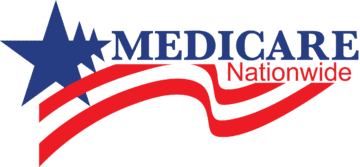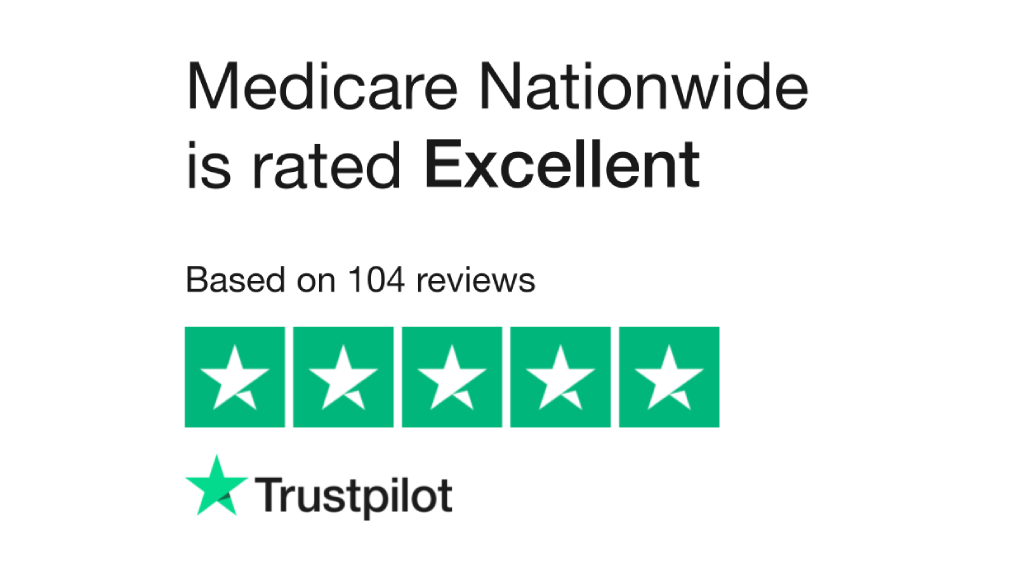National General Insurance Medicare Supplement Plans: An Overview
If you’ve been asking around for Medicare Supplement products, there’s a good chance you’ve heard of the name National General. National General Medicare Supplement Plans, a respected nationwide provider of supplements over the decades, offer you the proper underwriting to guarantee that you’re obtaining the best possible rate.
When pursuing your health goals, it’s crucial to collaborate with a group that is watching out for your requirements. Having the appropriate National General Medicare supplemental insurance in place will allow you and your family to prosper knowing that you are receiving the best possible treatment.
This appointment is meant to alleviate any concerns and there is no-cost or obligation to make a change.
What is a Medigap (Medicare Supplement Insurance) Plan?
In order to bridge the “gaps” in Original Medicare Plan coverage, commercial insurance firms sell Medigap policies. Some of the medical expenses which the Original Medicare Plan does not cover are covered by Medigap plans. If you have both Original Medicare and a Medigap policy, each will cover its respective portion of your covered medical expenses.
In general, you need both Medicare Parts A and B in order to purchase a Medigap policy.
The monthly Medicare Part B premium will be due from you. You will also pay a sum to the Medigap insurance provider. Your Medigap policy will be renewed every year as long as you continue to pay your premium. This implies that it is perpetually replenished. As long as you are making your payments, your coverage will be maintained. Federal and state laws must be strictly followed by Medigap plans. These laws safeguard the masses.

Types of National General Medicare Supplement Plan
National General offers several different kinds of Medicare Supplement Insurance policies, including:
Medicare Plan A
The most fundamental Medigap plan, Medigap Supplement Plan A, covers the cost of the first three pints of blood required for a transfusion, Medicare Part A and Part B coinsurance expenses, and Part A hospice care coinsurance and copayments.
Medicare Plan N
Popular Medigap Plan N provides all of the same advantages as Plan A in addition to coinsurance for care in skilled nursing facilities, the Medicare Part A deductible, and coverage for 80% of emergency medical expenses incurred when traveling abroad.
Plan N members may be required to make copayments of up to $20 for some doctor’s office visits and up to $50 for emergency department visits that don’t culminate in admission for inpatient hospital care, even though Plan N includes Medicare supplement Part B coinsurance costs.
Medicare Plan G
The most popular National General Medigap plan for new Medicare enrollees is likely to be Plan G. The only difference between this plan and Plan N is that it does not have a Part B copayment obligation. Medicare Part B excess charges, which are usually simple to avoid but can quickly mount up if you don’t have coverage, are also covered by Medigap Plan G.
Medicare Plan F
It is the only plan that covers the whole range of potential Medigap out-of-pocket expenses, including everything covered by Plan G plus the Medicare Part B deductible.
Plan F also comes in a high-deductible variant, which National General also offers for sale. Before the benefits of the plan kick in, members must pay deductibles. The cost of the high-deductible Plan F is less than the regular Plan F.
Plan G has overtaken Plan F as it is offered to newly eligible Medicare recipients. As long as the Medicare recipient saves more in premiums than the Part B deductible then Plan G is more cost-effective than Plan F. The only difference between Plan F and Plan G is that Plan F covers the Part B deductible and Plan G does not. It is quite easy to do the math yearly premium in savings minus the Part B deductible to see the total savings between the two different plans.
Since Congress decided in 2015 that Plan F would be eliminated in 2020, Plan G has been the most often used option for a while. Plan G, which is now available to Medicare subscribers who are not grandfathered into Plan HDF, offers a high-deductible policy as well.
The term is High-deductible G. (HDG.) A deductible can be chosen by the customer to reduce their monthly payment.
Example:
For example, if your monthly premium is $200/mon, your annual out-of-pocket cost is $2,400 + $257/yr Part B deductible for a max-out-of-pocket amount of $2,657/yr. Compare this to the HDG, if your monthly premium was 25% of what you would pay with Plan G, it would be $50/mon or $600/yr (usually includes your Part B deductible) + deductible of $2,870 (if reached) = max-out-of-pocket of $3,470. That means that you are paying $1,800 more in premium ($2,400 – $600) to save a max-out-of-pocket increased exposure of $600. It just doesn’t make sense to pay that much more insurance in order to avoid adopting a deductible.
Also, Medicare still pays 80% for Part B so your exposure to paying the deductible is safeguarded along the way. You would need to have $10,000.00 in medical bills to even have $2,000.00 owed toward your deductible because Medicare would pay 80% or $8,000.00, while you would owe the 20% or $2,000.00.
The high deductible option is great for those that are attracted to a lower premium but want to avoid a Medicare Advantage plan that restricts them into a network. Staying with a Medicare supplement plan even if it’s HDG/HDF allows you to continue to see doctors that accept Medicare as opposed to a managed care plan Medicare Advantage plan.
This appointment is meant to alleviate any concerns and there is no-cost or obligation to make a change.
Benefits of National General Medicare Supplement Insurance
National General offers a variety of benefits. The following is included in each National General supplementary plan:
- Medicare Part A Deductible Cost: This expense could result in a significant financial strain. Allow your National General supplement plans to pay for this expense.
- Hospital Stays: This extends your coverage for hospital costs for up to a year after your Medicare benefits have run out.
- 3 Pints Blood: With basic Medicare, getting a transfusion is probably not going to be very economical. Three pints of blood are provided with all of the National General Medicare supplement plans.
- Professional Nursing Care: Ask the counselor how the plan you’re considering can benefit you in the future when it comes to skilled nursing care. The majority of plans cover this benefit at 100%.
- Medicare Part B Coinsurance and Deductible: The Part B deductible and coinsurance are covered to some extent by the majority of National General Medicare supplemental plans. Since this advantage differs from plan to plan, more debate is necessary for updated knowledge.

How to Contact the National General?
To contact a National General representative immediately and find out more about the Medigap plan options or a reliable agent available in your region, contact our experts today. For further information, you may also check out our official website.

